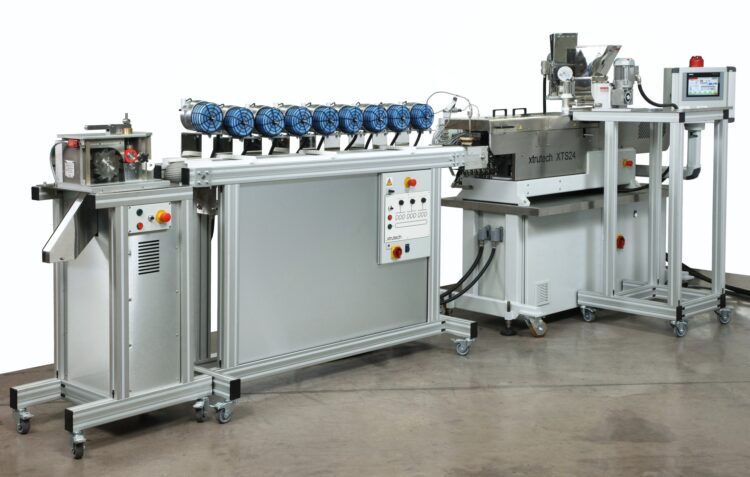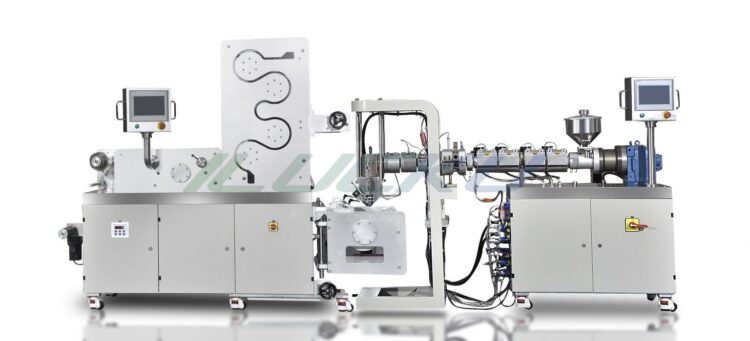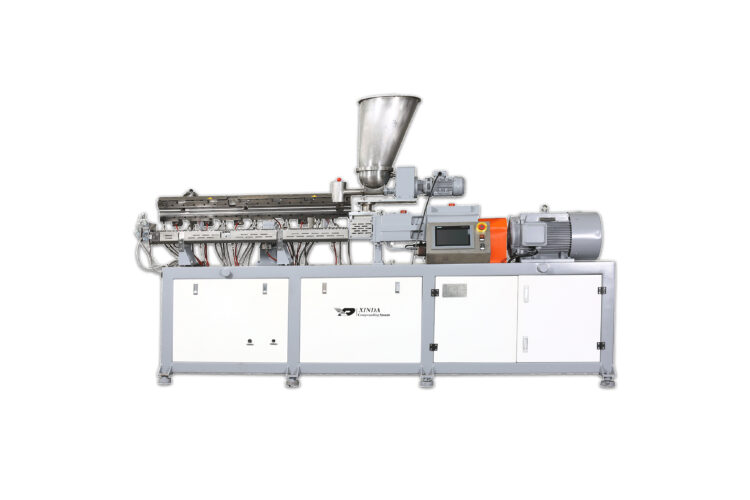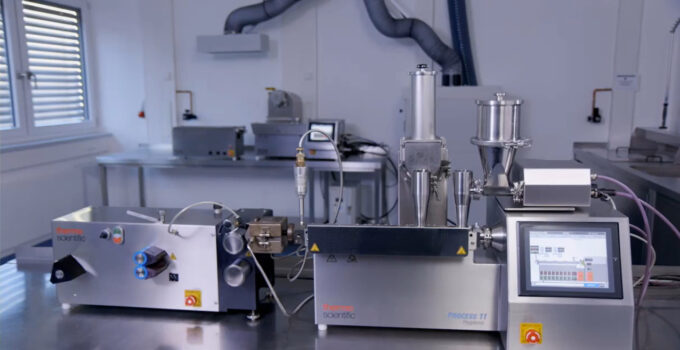Extrusion, as a process, has transformed many industries, from food and pharmaceuticals to plastics and polymers. The need for precise, small-scale, and efficient machines to test materials and formulations before scaling up is paramount in a world that is constantly advancing technologically.
That’s where lab-scale twin screw extruders come into play. This article aims to illuminate the significance of these machines and their pivotal role in research and development sectors.
Page Contents
What is a Lab Scale Twin Screw Extruder?

Source: linkedin.com
At its core, a twin screw extruder is a machine that combines two intermeshing screws rotating in a barrel. When coupled with heat, the rotation of these screws applies shear forces on materials, facilitating their melting, mixing, or cooking. While twin screw extruders are common in industrial-scale operations, their lab-scale counterparts are designed for experimental and developmental purposes.
Lab-scale twin screw extruders are compact versions designed to process smaller quantities of material, usually in the range of grams to a few kilograms. Their main purpose is to allow researchers and developers to test new formulations or processes without requiring large amounts of raw materials or committing to full-scale production.
Why Are They Important?
- Precision and Reproducibility: One of the most defining characteristics of lab-scale twin screw extruders is their precision. They are tailored to provide consistent results, ensuring that the results remain consistent once a formulation is upscaled.
- Cost-Efficiency: Instead of testing on a larger scale, which requires significant resources and can lead to waste, these machines allow minimal resource use. This, in turn, cuts down costs significantly.
- Flexibility: Lab-scale twin screw extruders often have customizable screw configurations and process settings. This flexibility ensures that they can cater to various materials and formulations.
- Quick Feedback Loop: Using these machines, researchers can quickly ascertain the viability of a new formula or process. This fast feedback loop can greatly accelerate the research and development process.
Bausano and the Modern Lab Scale Twin Screw Extruder

Source: ilucku.com
Some names stand out within this intricate domain of lab scale twin screw extruders for their commitment to innovation and quality. Bausano, for instance, is an example of such commitment. Offering a plethora of advanced machines tailored for various needs, Bausano’s lab-scale twin screw extruder exemplifies efficiency and precision.
The evolution of lab-scale twin screw extruders isn’t isolated from technological advancements. The modern versions of these machines, like those offered by Bausano, come equipped with advanced control systems. These systems offer real-time feedback, precise temperature control, and more, ensuring that researchers have all the tools to carry out their experiments accurately.
Future Prospects

Source: extruderxinda.com
As industries continue to grow and evolve, the need for precision machines like the lab scale twin screw extruders will only amplify. The future may see these machines integrating more with digital systems, harnessing the power of AI for predictive analysis, and perhaps even collaborating with 3D printing technologies.
Furthermore, as sustainability becomes a global priority, research into eco-friendly materials will gain momentum. Lab-scale twin screw extruders will play an integral role in this, facilitating the development of green formulations and processes.
Conclusion
Lab-scale twin screw extruders serve as unsung heroes in the backdrop of major industrial advancements. They bridge the gap between concept and reality, allowing ideas to be tested, refined, and perfected. With companies like Bausano at the forefront of this technological wave, the future of research and development in various industries looks promising.




